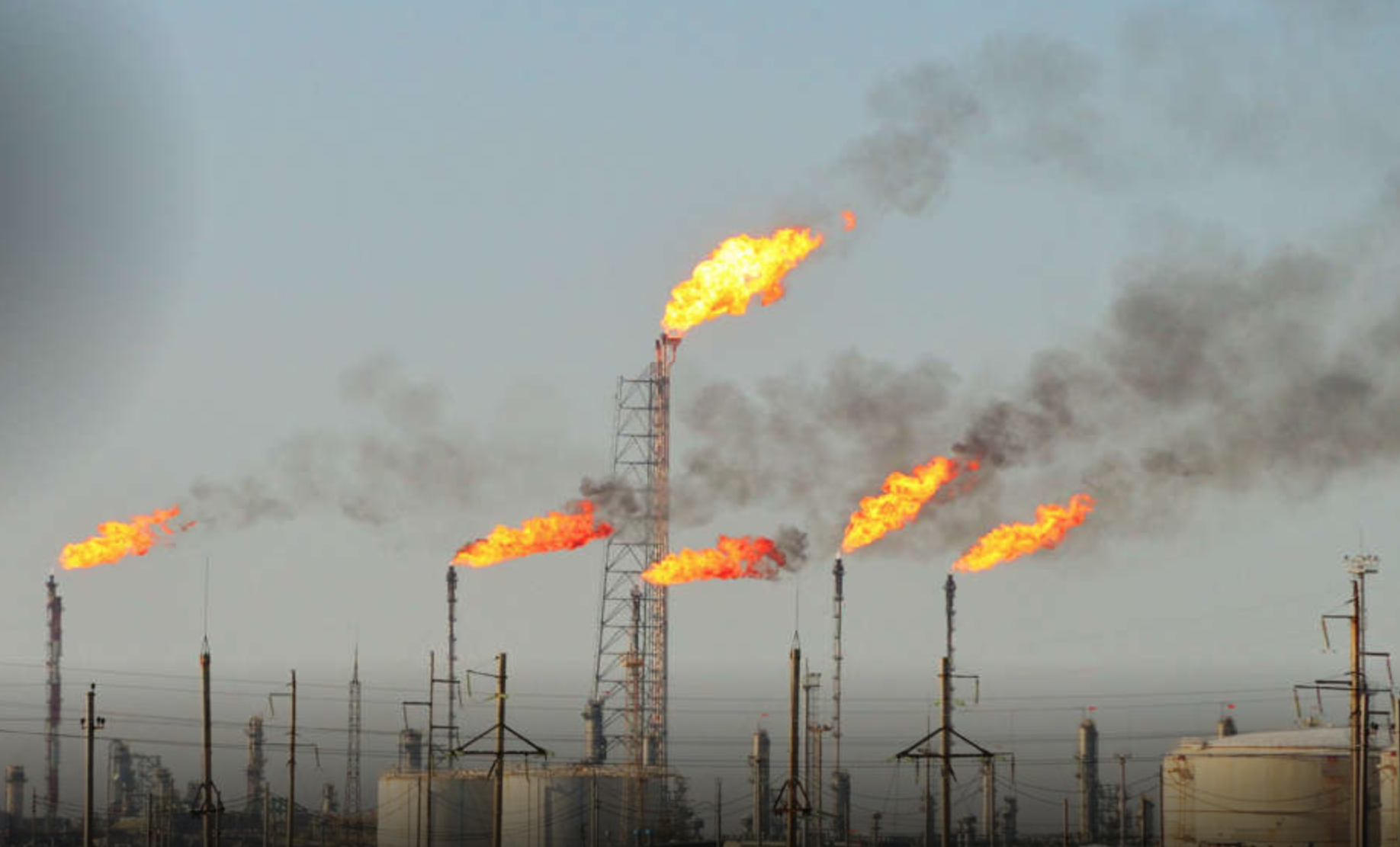Fracking is the practice of obtaining gas and oil by fracturing the subsoil. It is an extremely controversial method. On the one hand, it involves tearing up the substratum by injecting large amounts of water at high pressure, which carries a high environmental cost. On the other hand, oil and gas extraction requires the injection of chemicals that release greenhouse gases into the atmosphere and pollute groundwater. Given the serious consequences for the planet, how can we explain the proliferation of fracking? Because it is beneficial for certain actors, who are more interested in the benefits they obtain from this practice. Something similar happens in politics.
Over the last decade, we have seen political fracking grow at an alarming rate. The procedure is identical to that of oil fracking: certain actors fracture society and pollute it for their own benefit. Are they not interested in preserving social cohesion? Are they not concerned about the divided societies that their own children and grandchildren will inherit? Perhaps, but their main interest is the political gain generated by social polarization.
It happens all over the world. Also in Latin America. In 2013, journalist Jorge Lanata coined the concept of “crack” to refer to the division of Argentina into two trenches: Kirchnerists and anti-Kirchnerists. That rift only grew, until September 2022, when it crystallized in an assassination attempt against Vice President Cristina Fernández (for many, the creator and main driver of the rift).
That same week, The Economist headlined its front page “The Disunited States of America”, referring precisely to the fracturing of the country into irreconcilable ideological blocs. Two months later, in the light of the midterm elections, Pablo Pardo explained it in Madrid’s El Mundo: “Politicians arouse fears and avoid building bridges between identity groups because it is more profitable at the ballot box”, to such an extent that 43% of Americans believe that a civil war is likely in the next ten years.
Without changing the week, in Chile, in the middle of the countdown to the plebiscite on the exit of the Constitution, the deputy Gonzalo de la Carrera assaulted the vice-president of the Chamber, Alexis Sepúlveda. Besides, in the middle of the campaign, the brother of the President of Chile, Simon Boric, was attacked with punches and kicks until he was hospitalized. In Brazil, from June onwards, aggressions began to happen between the sides of Luiz Inácio Lula da Silva and Jair Bolsonaro: from feces bombs to an assassination. The days following Lula’s victory in the second round of elections would see new appearances of violence and the appeal of thousands of people to the Army to prevent the PT leader’s inauguration. The worrying consequences of political fracking for democracy are now in the open.
A month and a half before the assassination attempt against Cristina Fernandez, the former Japanese Prime Minister Shinzo Abe was assassinated. But the surprise caused by the assassination in Japan, where the media highlighted the unexpectedness of the attack, contrasts with the naturalness with which the Argentine attempt was assumed. There, most anchors agreed that the attack against Fernandez was the inevitable distillation of the growing sociopolitical polarization of the country during the last decade and a half.
Physical violence was assumed as a natural extension of polarization, to such an extent that President Alberto Fernandez himself stated: “We are obliged to recover the democratic coexistence that has been broken by the discourse of hatred that has been spread from different political, judicial and media spaces of the Argentine society”.
Thus, while a black swan appeared in Japan, a gray rhinoceros spotted in Argentina, as well as in the United States, Brazil, Chile and in many countries where political fracking has become the main way to extract that most precious commodity: the vote.
All these countries have the solution built-in their political systems. A solution that is well known, but poorly known: democracy. Badly because it is usually known exclusively as a right, but to stop political fracking it must be conceived as an obligation, as a responsibility. In autocratic regimes, citizens do not have the right to elect their rulers; this also exempts them from responsibility. In a democracy, however, citizens can throw out of power the politician (or party) that exploits fracking. If they do not do so, they can only hold themselves accountable.
*Translated from Spanish by Camille Henry













